Frederica Freyberg:
Before he takes on the eventual winner of the democratic primary, incumbent Governor Scott Walker faces a primary opponent of his own. Fellow republican Robert Meyer. Meyer was raised in eastern Iowa. He moved to Stevens Point in 1996. He’s operated a small business in Sun Prairie since 1999. And Robert Meyer joins us now. Thanks very much for being here.
Robert Meyer:
Thank you for having me.
Frederica Freyberg:
You say you find the republican progressives, I’m assuming like Robert La Follette, inspiring. How so?
Robert Meyer:
I considered running as a Robert La Follette republican, but I decided his shoes were way too big to fill and progressivism ultimately belongs to everyone. If we’re going to work together– we have to work together in order to make progress. Wisconsin’s a great state. We have a great history. So many great accomplishments came out of the progressive era but that happened because people were working together. And I think that’s what voters want now for us to return to.
Frederica Freyberg:
Why do you describe the incumbent governor’s agenda as extreme?
Robert Meyer:
It’s been described as being based on the extreme radical libertarianism of James Buchanan’s economic or public choice theory economic, which I think is the only way to really describe some of the extreme things in his agenda; namely, the state preemptive laws, 100 new laws, which are antithetical to the republican values on local control. Also we’re a billion dollars behind in our investments in roads, in infrastructure and education. And those are assets that produce wealth over time. And if you look to the why, that’s the why.
Frederica Freyberg:
Well, you talk about public choice theory economics. I don’t know what that is.
Robert Meyer:
James Buchanan was a Nobel prize-winning economist who Charles Koch funded when he was at George Mason University in order to advance this theory, which was based on, kind of short answer, concentrating political policy control so that it would favor the ultra-wealthy. And it really favored a tiny faction of libertarian extremists, such as the Koch brothers, the Scaife family, Olin Corporation, DeVos family, who just don’t believe in paying taxes. So it’s kind of strange that they’re so — because they don’t pay taxes really themselves, that they’re so focused on no one else paying taxes. So they don’t want people investing in elements of a common good that serve most of the people.
Frederica Freyberg:
Just briefly on this, why on your part throw in the time, attention and money on such a long-shot campaign?
Robert Meyer:
It’s kind of not. And that’s because we have social media today. And also this would have been a long shot four years ago, but we’ve seen the incumbent’s policies pretty much all instituted. So he’s not talking about the next four years. We know what he’s done. He’s riding on the coattails of the positive things going into the election year, but he doesn’t have an economic plan to overcome or to address the structural rural poverty that we have or the concentrated urban poverty and we’re now into a farm crisis. And so people I think are, if they become aware that there’s an alternative and a traditional moderate fiscally-conservative candidate, I think people– I think a lot of people are very concerned about how tenuous our economy is.
Frederica Freyberg:
What do you do on that yourself?
Robert Meyer:
We lead. We grow the economy in the ways it’s poised to grow. Again, there’s no plan. I’m the only candidate talking about these things. Three really concrete examples. Most people don’t know this but Wisconsin has the opportunity to become the leading tech producer state in the midwest and the venture capital companies on the coast are advocating for this. Which midwestern state is going to do this? We have all the strategic advantages. We’re a destination state. We’ve got the I-94 corridor. We have the service industry concentrated here, the airports and so on. And at the same time, Tom Hefty has been advocating for 30 years for everyone in these four I-94 counties to work together to build the economy. And then we need to become — and I think we can — the leading hemp-producing state in the entire country again. That will foster entrepreneurship because the hemp plant can be made into so many different things.
Frederica Freyberg:
I need to move on to education so we can focus on some of our issue areas. You said Wisconsin’s achievement gap must be better addressed. How do you do it?
Robert Meyer:
Again, through leadership. We have the worst achievement gaps in the United States. It’s because of the outcomes in Racine, Madison and Milwaukee. DPI organized an internal task force to look at practices that are working. But if we are in last place in the United States, we should be having an external task force. If you look at our National Assessment of Education progress scores, our mean average 4th grade African-American student score is 1.7 years behind, at 4th grade, behind Alabama and Mississippi. That’s a composite. And then our mean average white student — it’s not just kids living in poverty or children of color. Our mean average white student score is a year and a half behind New Jersey. So fundamentally there’s a structural problem in education that we’re not addressing, just like the governor is not addressing the structural challenges in the economy.
Frederica Freyberg:
Let me ask you about health care. I saw nothing about it in your materials on your website. In your mind, do you think Wisconsin needs to do something different or not?
Robert Meyer:
Absolutely. Eleven actual republican governors all accepted the full expansion of Medicaid. That’s added up to a billion dollars. Coincidentally we’re a billion dollars short on our investments in infrastructure and education. I think ultimately Congress needs to either modify or update, amend the Affordable Health Care Act or write a new bill. But in the meantime, we’ve left — I don’t know the number — thousands and thousands of adults and children who are slightly above the poverty line out of health care so that’s something that should have been done.
Frederica Freyberg:
We need to leave it there. Robert Meyer, thanks very much.
Robert Meyer:
Thank you very much.
Search Episodes
News Stories from PBS Wisconsin

Donate to sign up. Activate and sign in to Passport. It's that easy to help PBS Wisconsin serve your community through media that educates, inspires, and entertains.
Make your membership gift today
Only for new users: Activate Passport using your code or email address
Already a member?
Look up my account
Need some help? Go to FAQ or visit PBS Passport Help
Need help accessing PBS Wisconsin anywhere?

Online Access | Platform & Device Access | Cable or Satellite Access | Over-The-Air Access
Visit Access Guide
Need help accessing PBS Wisconsin anywhere?

Visit Our
Live TV Access Guide
Online AccessPlatform & Device Access
Cable or Satellite Access
Over-The-Air Access
Visit Access Guide
 Passport
Passport



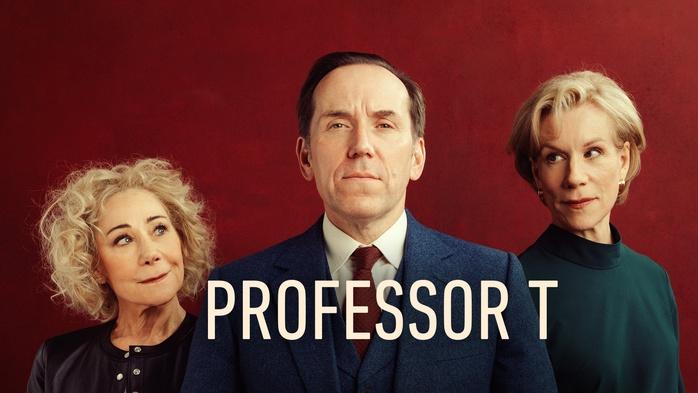

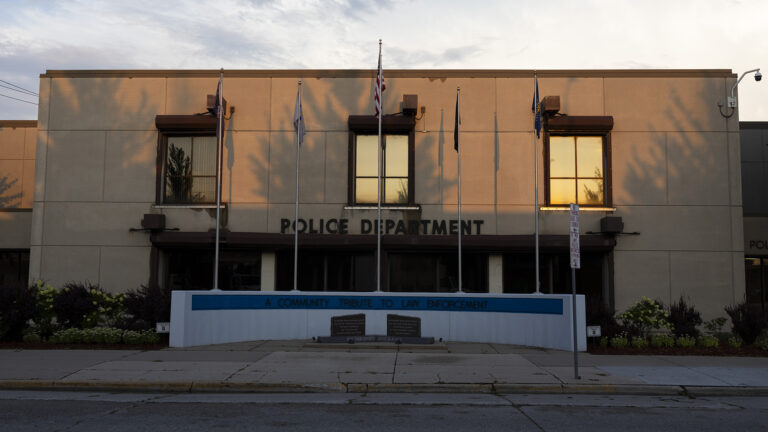
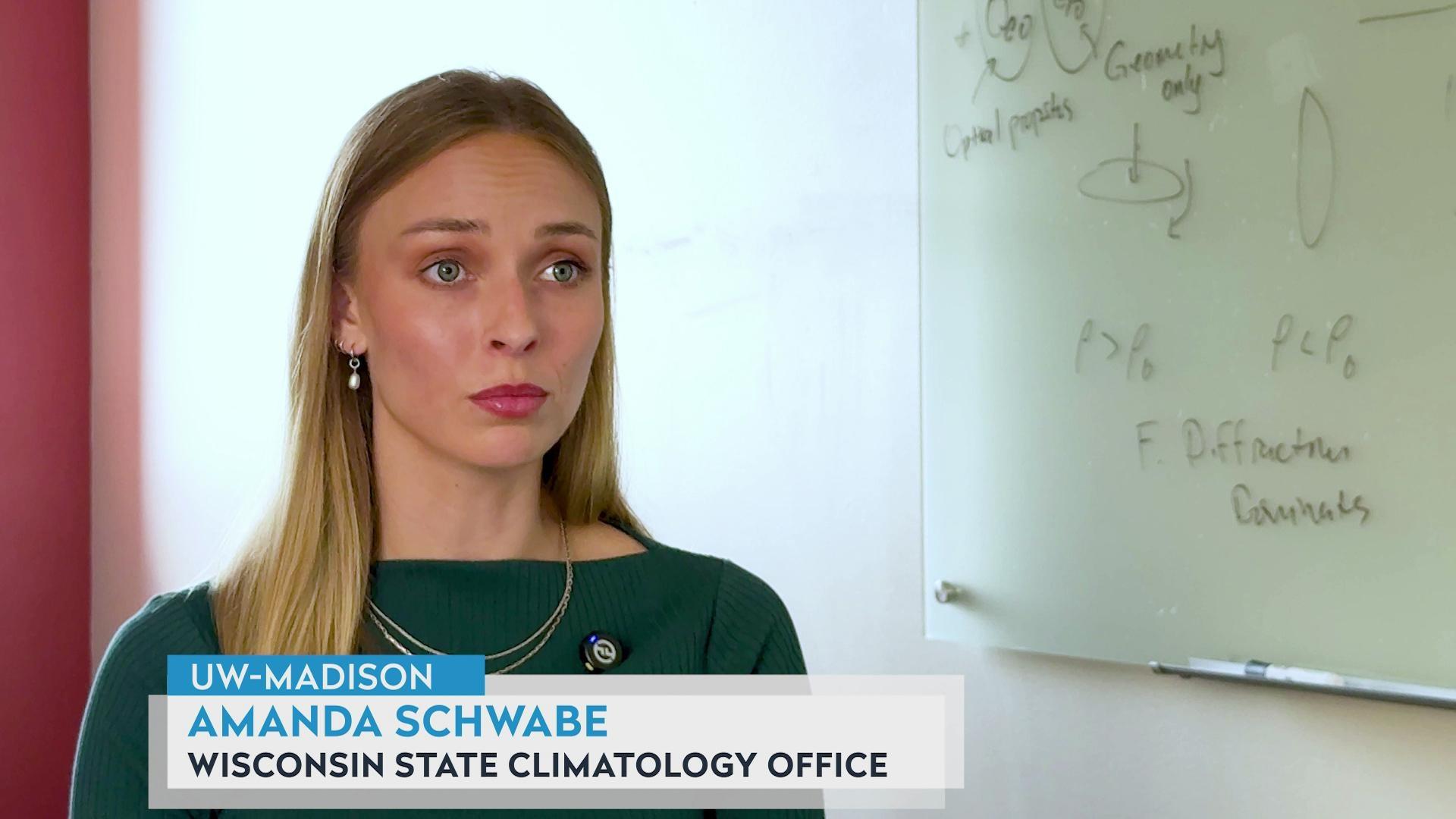
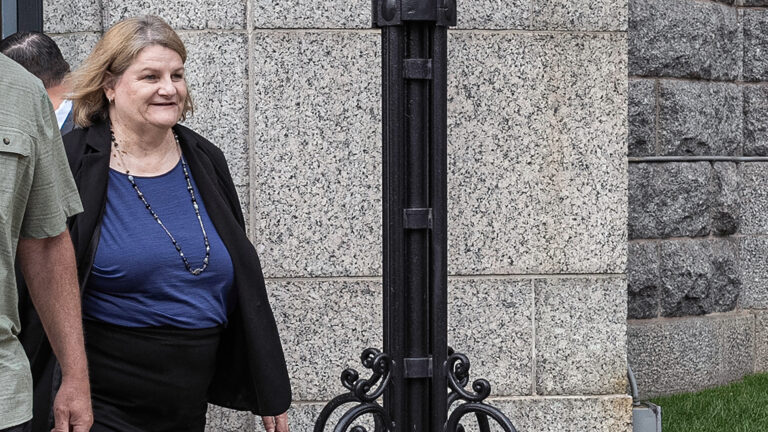
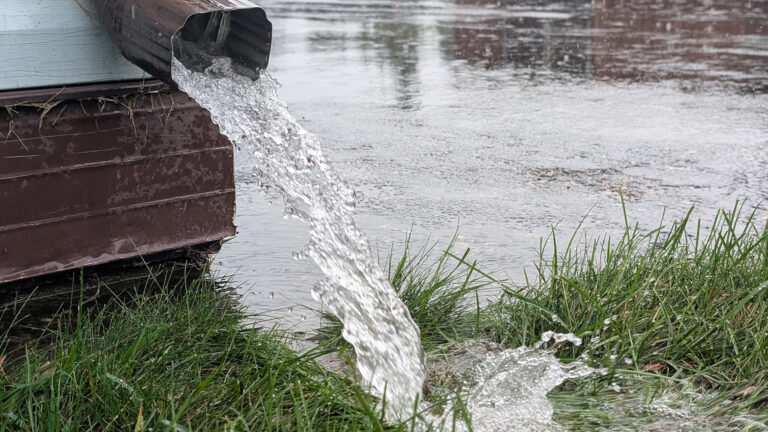
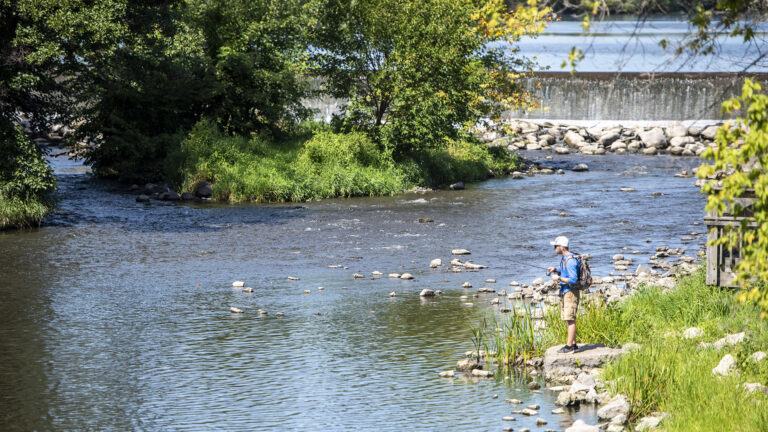
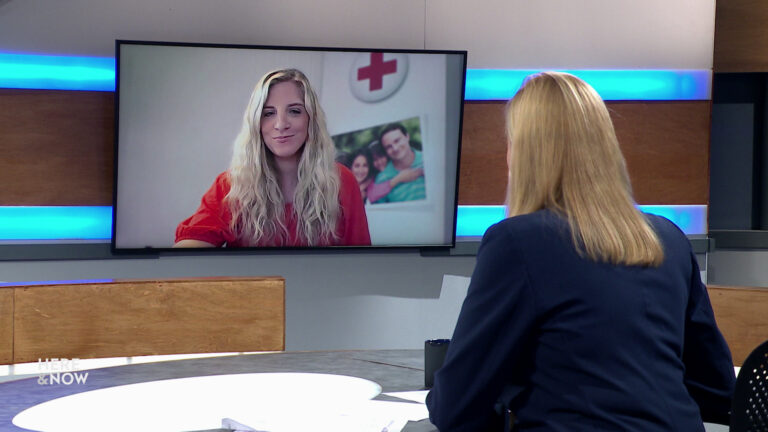
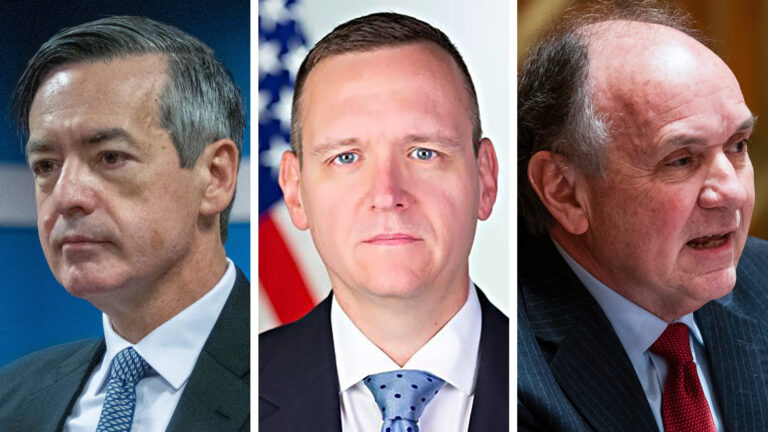
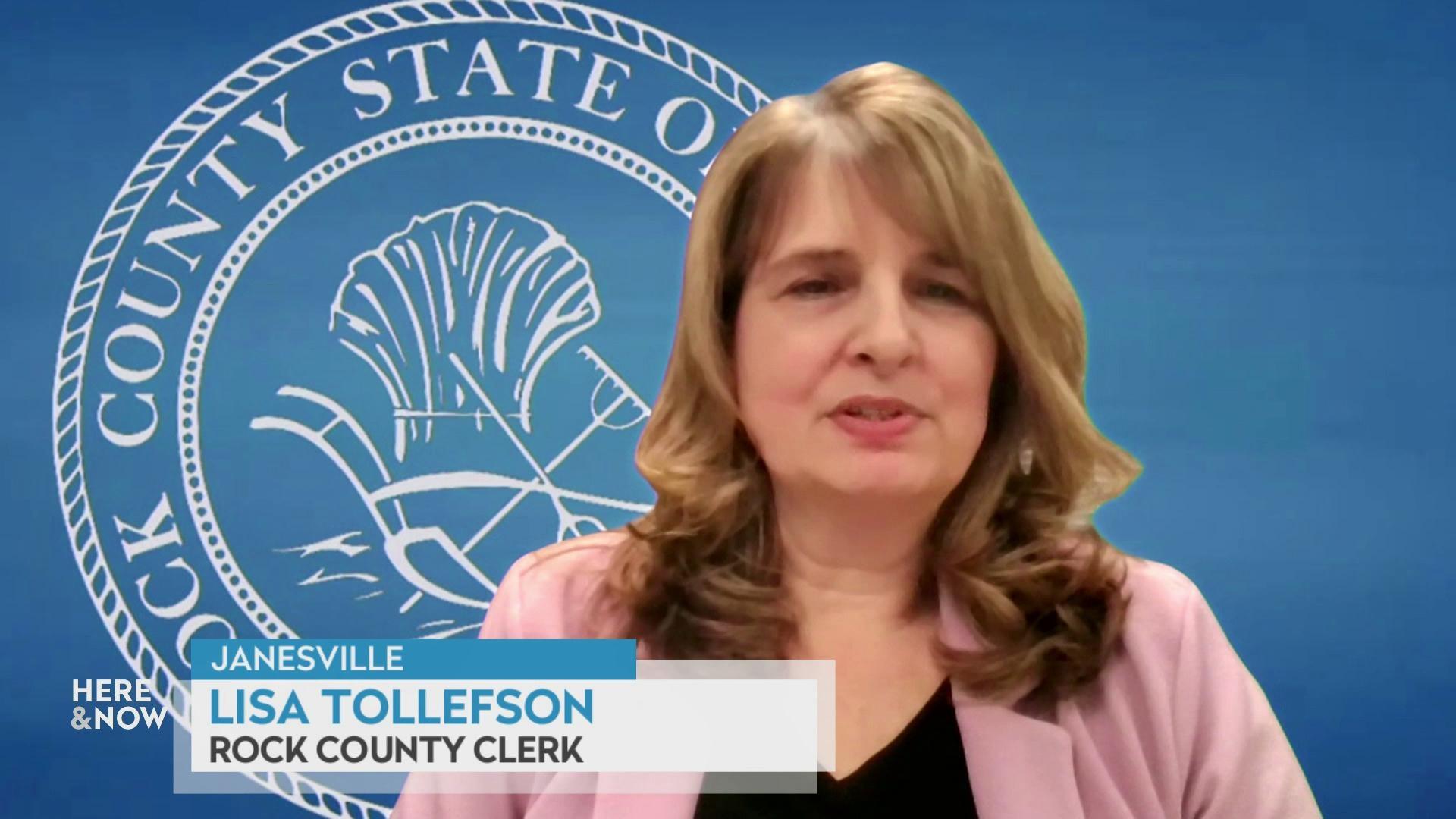
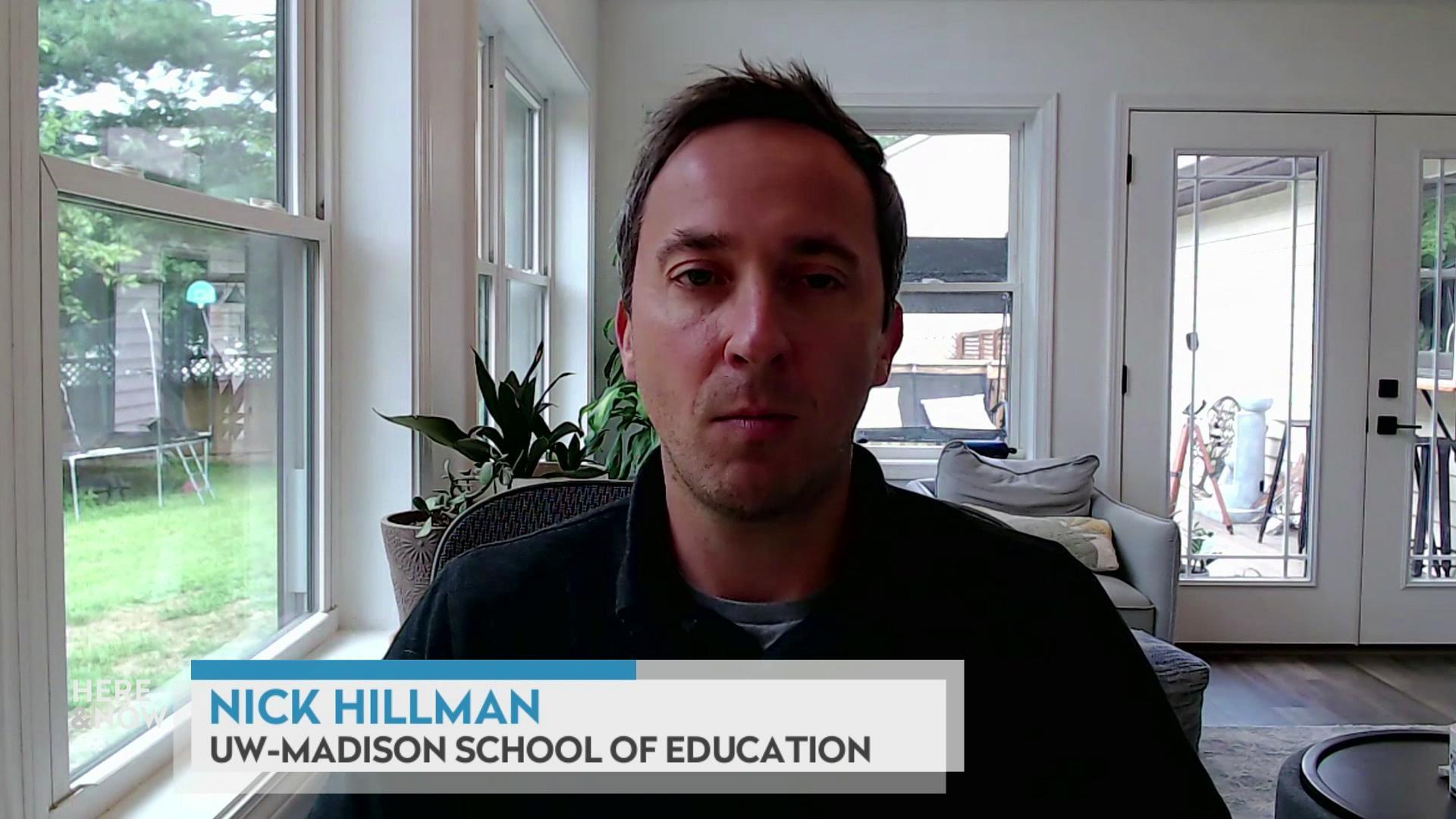
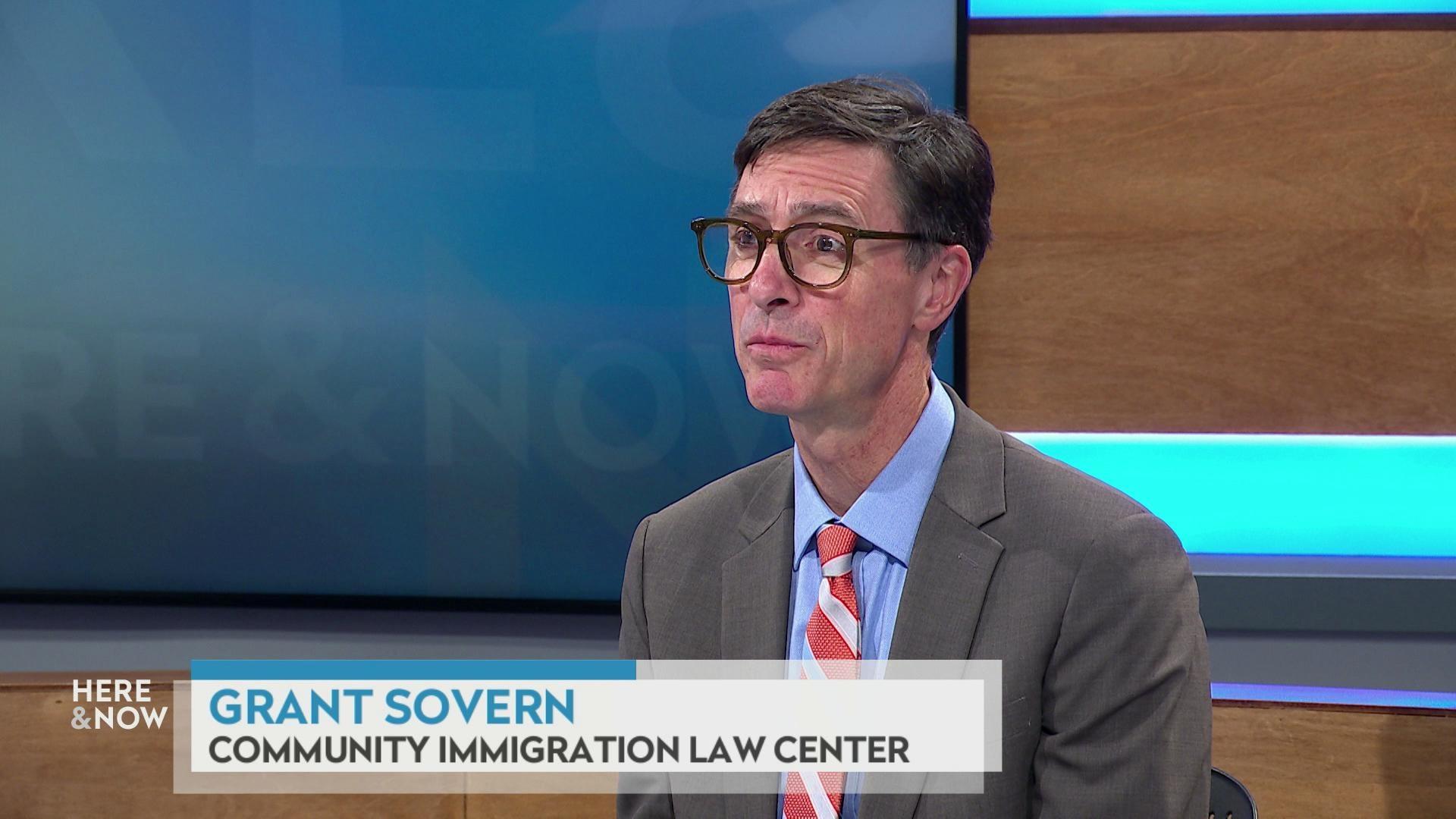
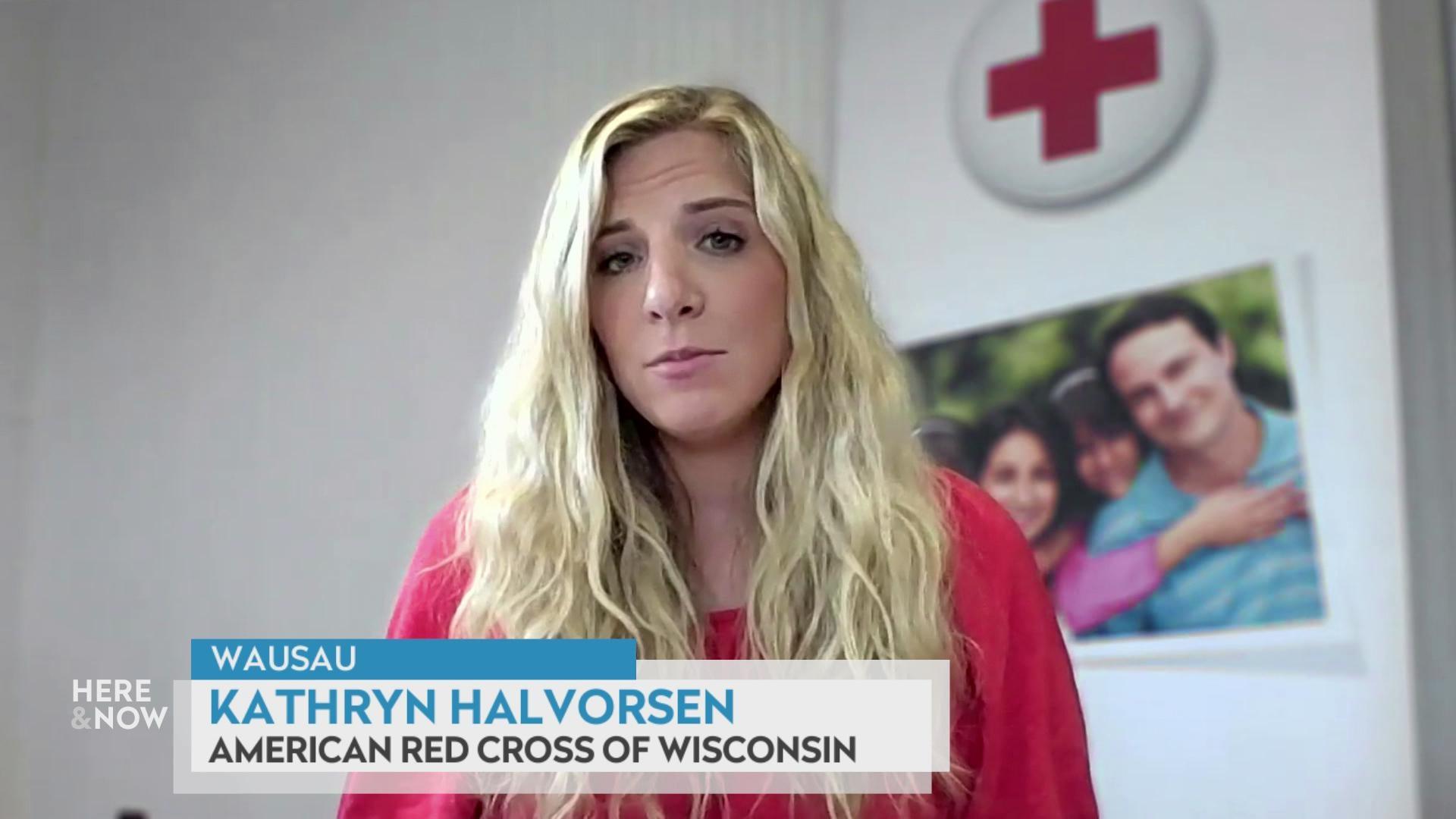
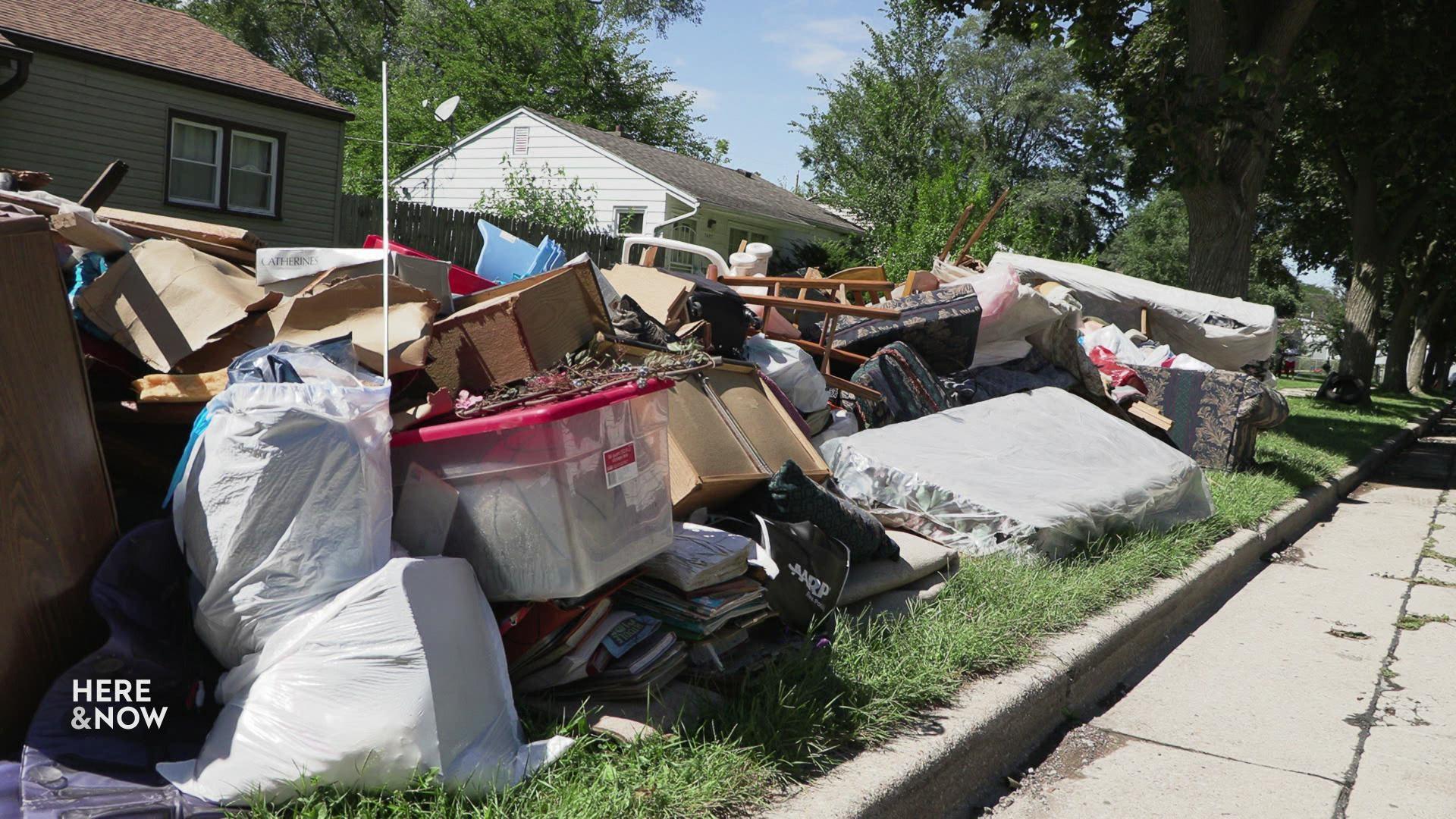

Follow Us